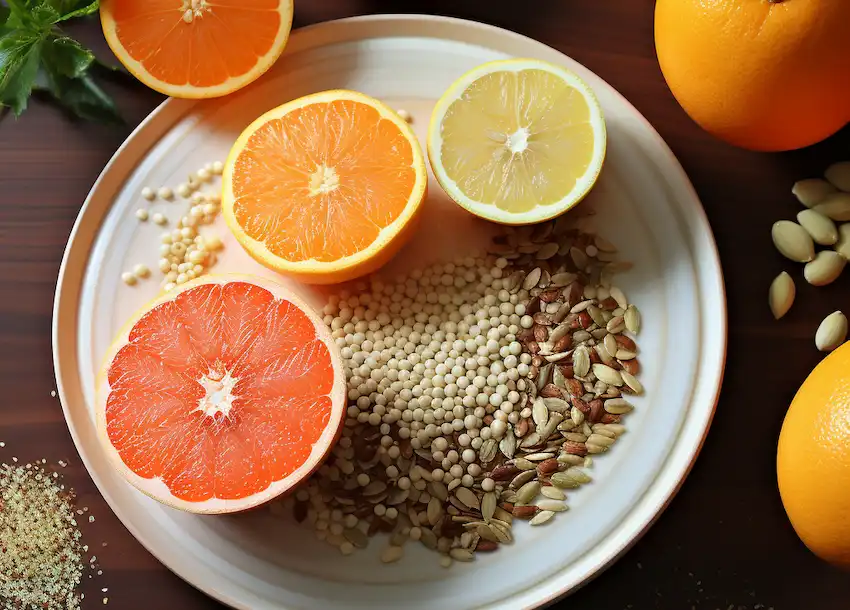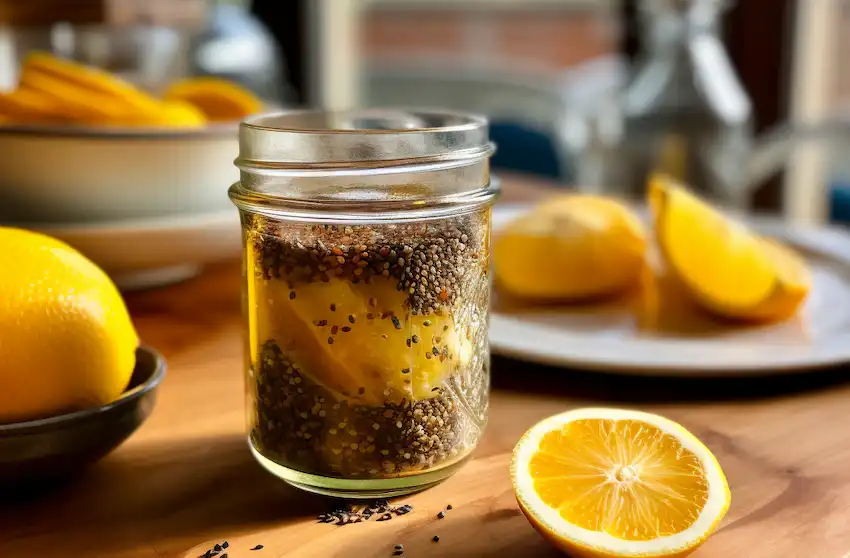
A natural wonder
Pectin, a naturally occurring carbohydrate that occurs in fruits, plays a key role in the world of marmalade and jelly production. This gives these spreads their delicious and spreadable consistency. While pectin is available on the market, many hobby chefs and conservation enthusiasts are taking advantage of organic sources, especially citrus seeds.
The hidden value of citrus seeds
Do not throw away the seeds in lemons, limes, oranges, grapefruits, tangerines and tangerines. They are valuable for several reasons:
- Source of natural pectin: Citrus seeds are a rich source of natural pectin. This pectin is important so that jams, jellies and marmalades set and have the perfect consistency.
- Environmentally friendly and cost-effective: Using seeds from citrus fruits that you already consume is an environmentally friendly practice. It helps reduce waste and serves as a cost-effective alternative to store-bought pectin.
- Versatile: These seeds can be converted into a homemade pectin extract that colds a variety of fruits, especially those with low natural pectin content.
- Einfachheit des Prozesses: The method for extracting pectin from citrus seeds is uncomplicated and requires no special equipment, so that it is accessible to all cooking enthusiasts.
- Natural and Chemical-Free: When you choose citrus seeds, you are choosing a more natural, chemical-free pectin compared to some commercial varieties that may contain artificial additives.

Making Citrus Seed Pectin at Home:
Materials:
- Citrus seeds of lemons, limes, oranges, grapefruits, tangerines or tangerines
Procedure:
1. Collect seeds:
- Save the seeds of any citrus fruits you consume.
2. Preparation of the seeds:
- Clean the seeds to remove any pulp that may be present.
3. Simmering for Extraction:
- Give the cleaned seeds in a pot.
- Cover them with water.
- Simmer for about 30-45 minutes to extract the pectin.
4. Strain the mixture:
- Strain the liquid through a fine mesh sieve or cheesecloth to remove the seeds.
5. Concentration of Pectins:
- For needaf, reduce the liquid by simmering to thicken.
6. Testing the Pectins:
- Chill a small amount in the refrigerator to test hardenability.
7. Storage:
- Refrigerate for immediate use or freeze for long-term storage.

How to Use Homemade Citrus Seed Pectin:
Use this natural pectin in jams or jellies as a replacement for commercial pectin. The required amount can vary, so experimentation is the key.
Making your own pectin from citrus seeds isn’t just a fun project; It is a step in the direction of sustainable cooking. This approach allows you to tailor homemade pectin to your specific canning needs, creating a delicious and natural spread every time.
Davon inspired? Share the article with your friends!
